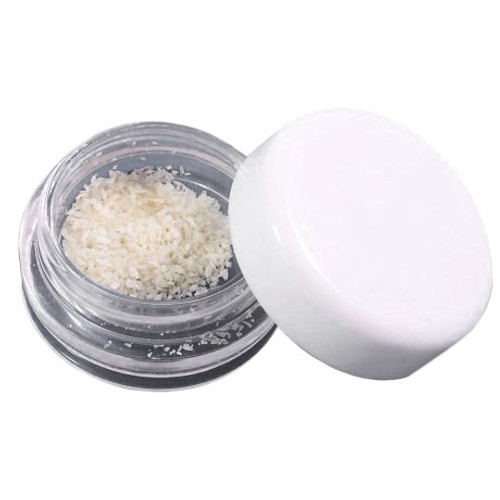- Used to replace lost bone tissue in the jaw and face, often to support dental implants or reconstruct damage from trauma or disease
Uses
- Support for dental implants:
- Regenerates bone tissue to provide a stable base for dental implants
- Jaw reconstruction:
- Repairs damage from trauma, surgery, or congenital issues
- Treating bone loss:
- Combats bone loss from periodontal disease or missing teeth
- Periodontal treatment:
- Regenerates lost tissue in cases of periodontal disease
Features
- Customized design:
- The graft is made to a patient's exact specifications based on 3D scans, ensuring a perfect fit
- Porous structure:
- The material has pores that allow blood vessels to grow into it quickly, which helps in bone regeneration
- Biodegradable:
- The graft is designed to be replaced by the patient's own bone over time through a natural process called remodeling
- Elasticity:
- Some advanced versions are elastic, allowing them to be cut without crumbling
- Scaffolding function:
- Some 3D-printed grafts act as a scaffold, providing immediate support while the body forms new bone
- Material diversity:
- Made from a range of materials, including biocompatible ceramics and polymers
Benefits
- Improved success rates:
- The precise fit minimizes the risk of rejection and helps ensure the graft heals correctly
- Faster recovery:
- A well-fitting graft can lead to a quicker recovery period and less pain
- Reduced pain and complications:
- Patients avoid the secondary surgery site and associated pain and risks of harvesting bone from another part of the body
- Eliminates donor sites:
- Eliminates the need to take bone from another area of the patient's body
- Better aesthetics and function:
- Restores the natural shape of the jaw, improving facial symmetry and allowing for proper function







